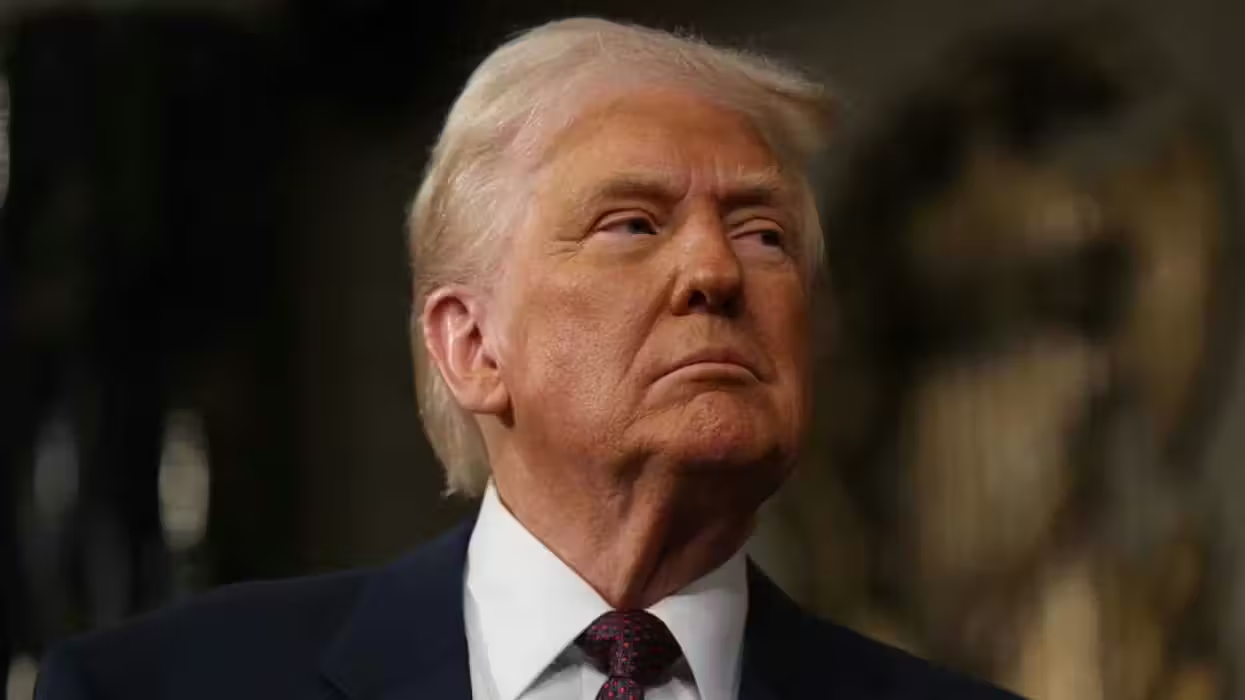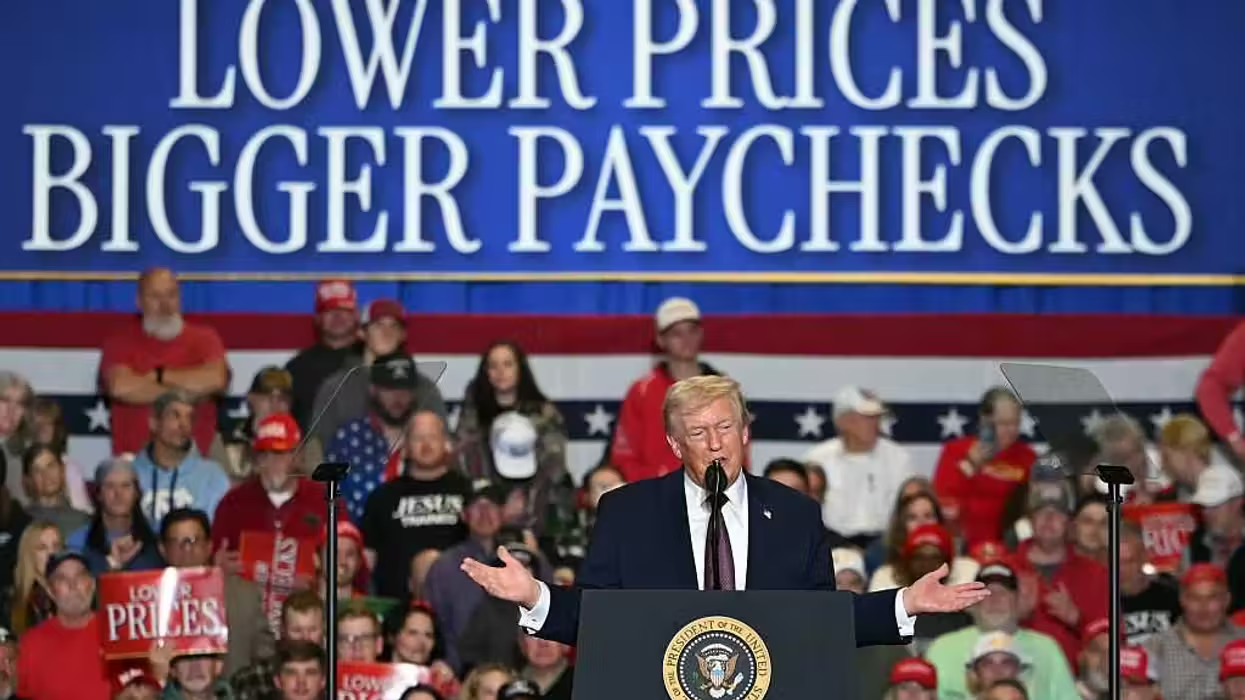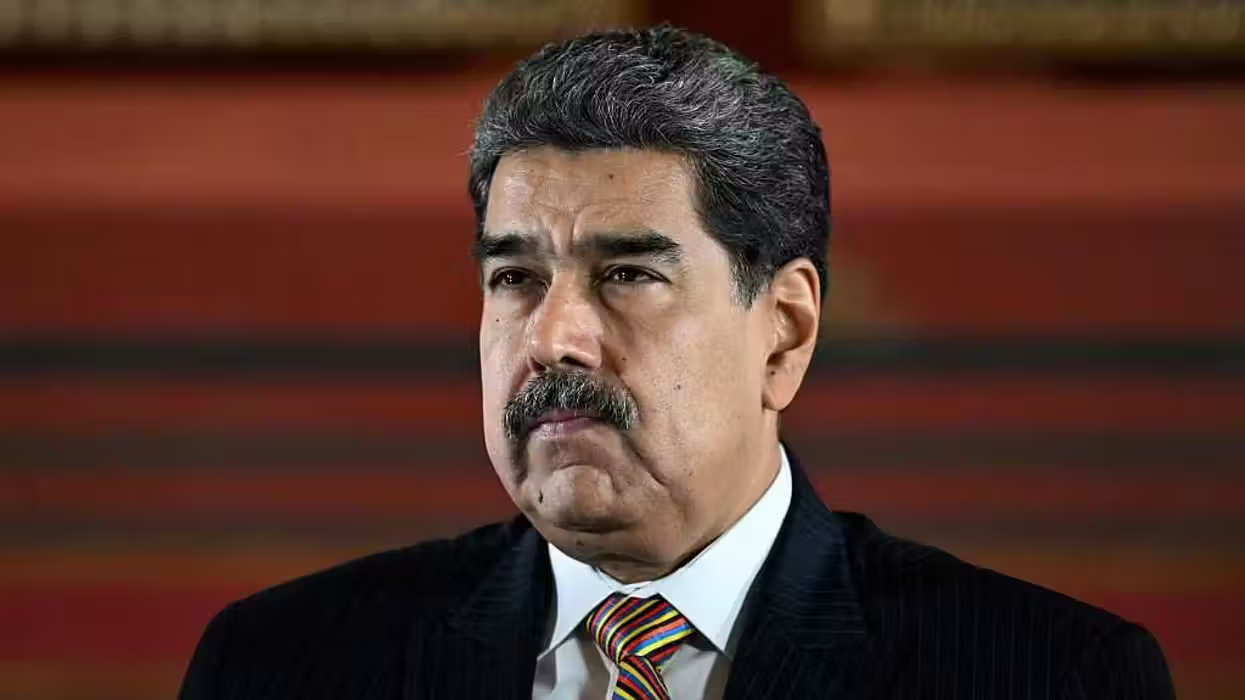
© 2026 Blaze Media LLC. All rights reserved.
Billions.
WASHINGTON (TheBlaze/AP) -- The United States government posted a $135.2 billion budget deficit in November, which is roughly 20 percent lower than what was posted this time last year, the Treasury Department announced Wednesday.
The deficit is the difference between what the government takes in and what it spends.
The deficit totaled $226.8 billion, or 22.7 percent lower than the same period a year ago, through the first two months of the budget year, which begins on Oct. 1.
Higher tax rates and a slightly better economy boosted revenues. At the same time, spending has slowed slightly in 2013 in part due to the March 1 across the board cuts (i.e. sequester).
The government ran annual deficits of more than $1 trillion in the previous four years, including an all-time high of $1.4 trillion in the 2009 budget year. The Great Recession led to a drop in tax revenue and an increase in so-called “emergency” government spending.
Through the first two months of the budget year revenue has increased 10.2 percent to $361.8 billion compared with the same period last year. At the same time, spending in those months has fallen 4.7 percent to $608.2 billion.
House and Senate negotiators reached agreement on a budget deal on Tuesday that would avoid another government shutdown in January and bring what some are hoping is some stability to the budget process for the next two years.
The budget deal, titled “The Bipartisan Budget Act of 2013," has not yet been approved by the full House and Senate.
The deal would reduce the nearly $63 billion in sequester cuts over the course of two years and replace them with savings from future-year cuts, TheBlaze reported.
Under the new agreement, federal workers would be required to pay more into their pensions, companies whose pension plans are insured by Washington would see their premiums increased, and airline fees for travelers would be boosted. Lawmakers hope these steps will help offset the reduction in sequester cuts.
The deal would also set the budget cap for fiscal years 2014 and 2015 at $1.012 trillion and $1.014 trillion, respectively, TheBlaze reported. The budget caps for fiscal years 2014 and 2015 are currently set at $967 billion and $995 billion, respectively.
Congressional leaders say the new agreement will reduce the deficit by approximately $23 billion.
Congress and the Obama administration have struggled to reach agreement on further improvements in the deficit outlook. Republicans have refused to boost taxes further and Democrats are opposed to making significant reductions in government entitlement programs such as Social Security without additional tax revenue.
The deal reached this week funds the government. But it does not address the need to raise the borrowing limit. The current suspension of the debt ceiling ends on Feb. 7.
--
Follow Becket Adams (@BecketAdams) on Twitter
[related]
Want to leave a tip?
We answer to you. Help keep our content free of advertisers and big tech censorship by leaving a tip today.
Want to join the conversation?
Already a subscriber?
more stories
Sign up for the Blaze newsletter
By signing up, you agree to our Privacy Policy and Terms of Use, and agree to receive content that may sometimes include advertisements. You may opt out at any time.
Related Content
© 2026 Blaze Media LLC. All rights reserved.
Get the stories that matter most delivered directly to your inbox.
By signing up, you agree to our Privacy Policy and Terms of Use, and agree to receive content that may sometimes include advertisements. You may opt out at any time.






